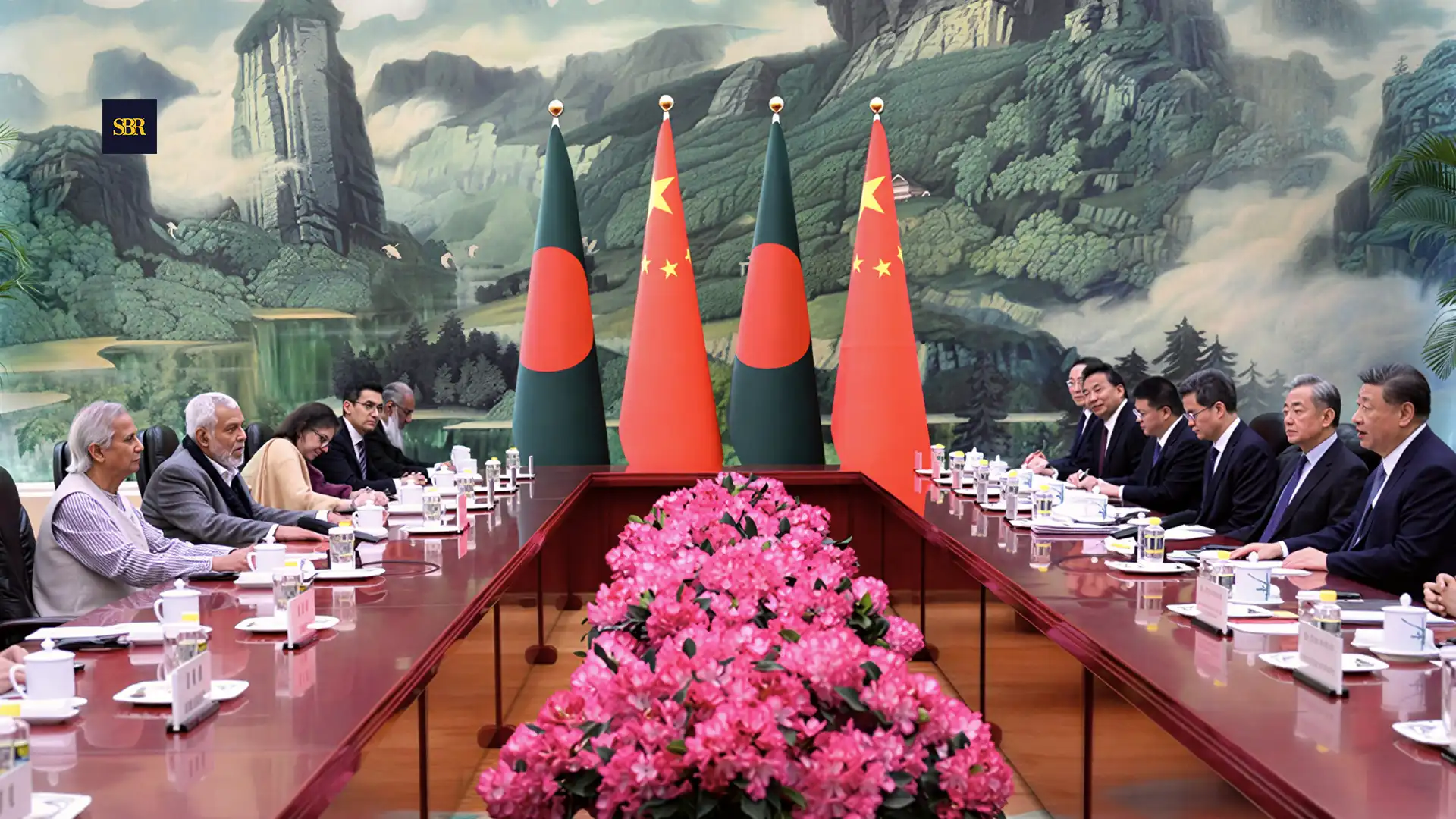HONG KONG, Nov. 21, 2025 — China International Development Corp, a company known for leather goods and automotive components, is exploring a potential acquisition of Lonten Semiconductor worth up to 1.2 billion dollars. The move marks a dramatic strategic shift for the company and signals its ambition to enter China’s fast-growing semiconductor sector.
The company signed a non-binding agreement with Xu Xichang, chairman and largest shareholder of Lonten, who owns nearly a quarter of the company. The agreement gives China International Development Corp, or CIDC, a three-month window to conduct due diligence. During this period, the company will examine Lonten’s financials, operations, technology capabilities, and overall business risks. If the results are satisfactory, the company will decide whether to proceed with a formal offer.
The proposed deal is valued between HK$4.5 billion and HK$9 billion, or roughly 1.2 billion dollars. CIDC has options for financing the acquisition, including paying in cash, issuing new shares, or using a combination of both. This flexibility allows the company to manage financial risk while making an attractive offer to Lonten’s shareholders.
A Leather Goods Maker Moves into Semiconductors
On the surface, it may seem unusual for a leather and automotive company to pursue a semiconductor firm. A closer look shows that the strategy makes sense within the company’s broader portfolio. CIDC already has exposure to automotive parts, a sector that increasingly depends on semiconductors, particularly power chips used in electric vehicles and energy management systems.
Acquiring Lonten Semiconductor would give the company a foothold in a high-technology market and provide potential synergies with its existing automotive operations. It also aligns with China’s national push to increase domestic semiconductor production, offering regulatory and strategic advantages.
Opportunities and Risks
Operational and Cultural Challenges: Integrating a traditional manufacturer with a semiconductor company requires careful management of operational, technological, and cultural differences. Semiconductors depend on advanced research, precise manufacturing, and specialized talent, which may be unfamiliar to the acquiring company.
Financial and Market Risks: The deal carries financial risk. Paying in cash could strain the company’s resources, while issuing new shares might dilute existing shareholders. The final valuation could fluctuate depending on negotiations with Lonten’s other shareholders and findings from due diligence. Misjudging market demand, pricing, or technology trends could affect long-term success.
Is This the Start of a Bigger Shift?
CIDC’s potential acquisition reflects a broader trend among industrial companies in China. Many traditional manufacturers are exploring high-tech sectors like semiconductors to diversify and position themselves for future growth. The deal signals that even companies outside the technology sector are seeking a stake in industries of strategic national importance.
For Lonten Semiconductor, the potential deal offers capital, stability, and an opportunity to expand production and research capabilities. If completed, the acquisition could accelerate the company’s growth while contributing to China’s wider semiconductor ambitions.
What Happens Next
Over the next three months, CIDC will complete its due diligence, reviewing all aspects of Lonten’s business. Negotiations with the remaining shareholders will determine whether the acquisition can proceed and at what price. The company will then decide the financing structure, balancing cash and equity to optimize risk and shareholder value.
If the acquisition is finalized, CIDC will need a clear integration strategy to align operations, technology, and culture. Success could position the company as a new player in the semiconductor industry and reshape its long-term growth trajectory.
China International Development Corp’s exploration of a 1.2-billion-dollar acquisition is more than just a business transaction. It is a statement about the company’s ambitions, signaling a shift from traditional manufacturing toward high-tech industries. The outcome will be closely watched as a sign of how industrial firms in China are responding to the growing strategic importance of semiconductors.
The potential acquisition marks a significant move for a conventional manufacturer seeking a foothold in one of China’s fastest-growing and strategically important industries.
Inputs from Diana Chou
Editing by David Ryder















